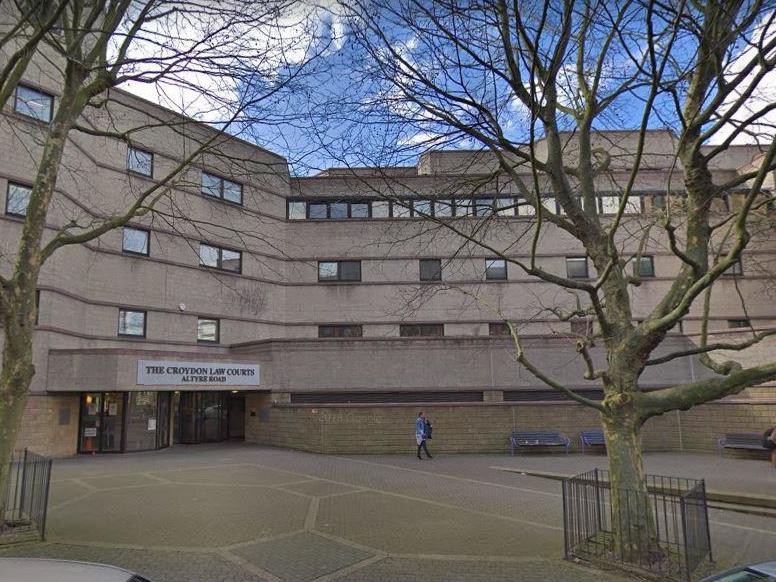Girl must live with stranger instead of grandparents, judge rules
Croydon family court judge says blood relationship ‘powerful’ but not ‘definitive’

Your support helps us to tell the story
From reproductive rights to climate change to Big Tech, The Independent is on the ground when the story is developing. Whether it's investigating the financials of Elon Musk's pro-Trump PAC or producing our latest documentary, 'The A Word', which shines a light on the American women fighting for reproductive rights, we know how important it is to parse out the facts from the messaging.
At such a critical moment in US history, we need reporters on the ground. Your donation allows us to keep sending journalists to speak to both sides of the story.
The Independent is trusted by Americans across the entire political spectrum. And unlike many other quality news outlets, we choose not to lock Americans out of our reporting and analysis with paywalls. We believe quality journalism should be available to everyone, paid for by those who can afford it.
Your support makes all the difference.A girl whose parents cannot care for her should be brought up by a stranger rather than her grandparents, a family court judge has ruled.
District Judge Graham Keating decided the infant, born in 2017, would be better placed in the care of a friend of the girl’s mother, rather than her father’s parents.
He granted a “special guardianship” order to the woman and said that although the strength of the blood relationship was “very powerful” it was “not definitive”.
The judge outlined his decision in a ruling published after a private family court hearing in Croydon, south London.
Croydon Council’s social services bosses assumed responsibility for the girl’s welfare – whose parents are separated – and asked for a ruling about where she should live.
Judge Keating ruled out the girl’s father – a foreign national serving a prison sentence in the UK after being convicted of assaulting the girl’s mother and facing deportation upon release – as the child’s carer.
He said there were three possible realistic care options: the mother, the father’s parents, who lived overseas in Europe, or the mother’s friend.
The judge said the mother had many “challenging” problems, including alcohol addiction, and was unable to adequately care for her daughter.
He said he also had significant doubts about her grandparents’ ability to meet her emotional needs. The judge decided the girl could lose her relationship with her mother in the UK if she moved overseas to live with her father’s parents.
But he found that the mother’s friend offered a “unique possibility” for care. “How can it be right that if a child cannot be cared for by her parents, she is placed with a stranger in preference to her grandparents?” Judge Keating asked in his ruling.
“The answer comes from a recognition that the strength of the blood relationship is very powerful; however, it is not definitive.”
“(Her friend) is able to meet (the girl’s) needs but has no blood relationship with (the girl).
“She does, though, allow the means for the existing relationships with the mother and maternal family and the development of the relationships with (the girl’s) paternal family.
“That, to my mind, is the magnetic fact to which I am drawn. I have reached the clear view that (the girl’s) needs are best met by a special guardianship order in favour of (the mother’s friend).”
Additional reporting by Press Association